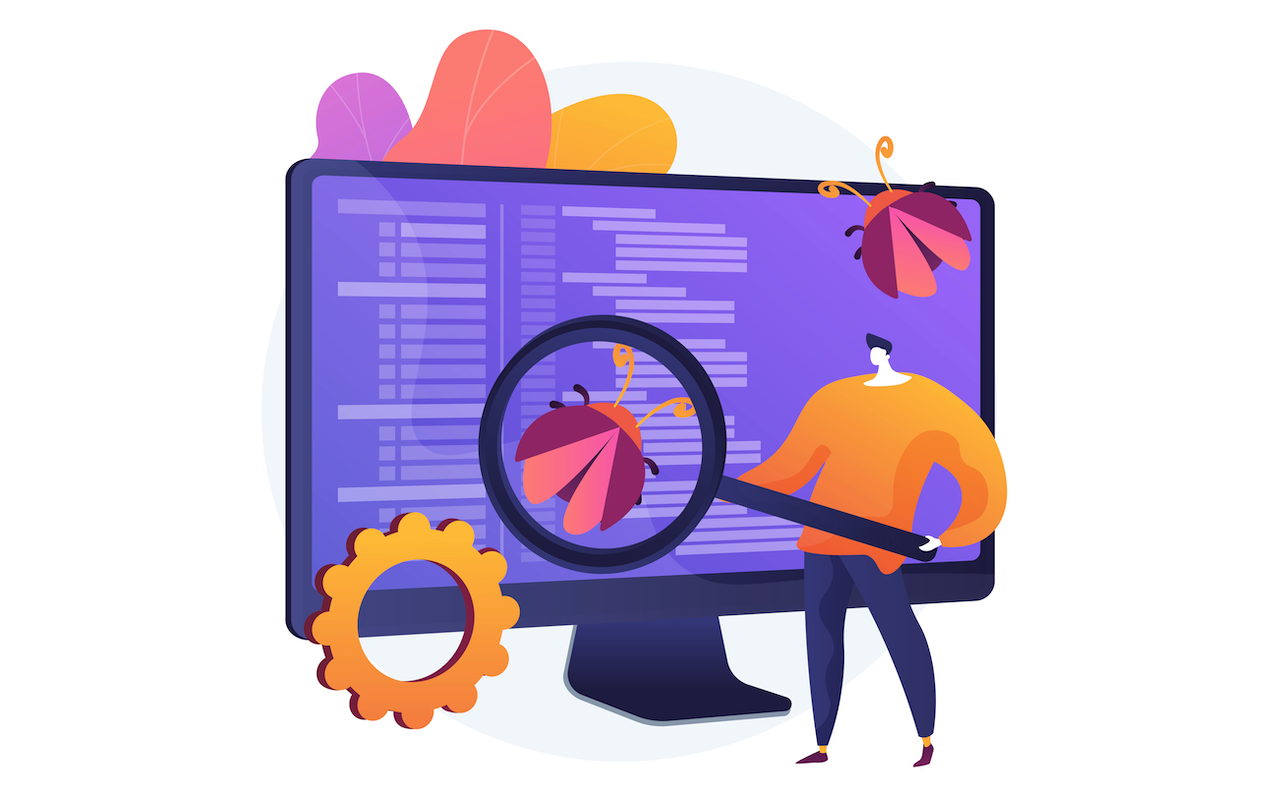
Have you ever needed large amounts of data for research, business insights, or digital projects but didn’t know how to collect it quickly? That’s where web scraping comes in. It’s the process of automatically gathering data from websites and structuring it for analysis, saving hours of manual effort.
In 2025, web scraping has evolved into a more intelligent, efficient, and accessible tool for anyone working with data, from small startups to large corporations.
Why Web Scraping Matters in 2025
Web scraping allows people and organizations to collect information from multiple online sources in real time. As digital transformation accelerates, the ability to make data-driven decisions has become essential.
Instead of relying on manual copy-paste methods, web scraping automates data collection, reducing human error and ensuring more accurate, up-to-date information. It supports a wide range of uses, from price comparison and trend monitoring to academic research and social media analysis.
Modern scraping techniques now rely on automation, cloud computing, and AI, making the process faster, cleaner, and easier to scale.
Key Benefits of Web Scraping
- Automates Data Collection: Gathers data efficiently from various online sources.
- Saves Time and Effort: Eliminates repetitive manual work.
- Delivers Clean, Organized Data: Outputs information in formats ready for analysis.
- Supports Decision-Making: Helps businesses and researchers draw accurate conclusions.
- Provides Real-Time Insights: Keeps data current and relevant as the web changes.
Modern Techniques in Web Scraping
1. Smart Data Extraction
Web scraping today can handle massive data volumes automatically. Algorithms are capable of scanning millions of pages, identifying relevant information, and organizing it into structured outputs such as spreadsheets or databases. This approach benefits market analysts, researchers, and businesses tracking trends or competitor data.
2. Cloud-Based Scraping
Instead of running scrapers locally, many developers now use cloud infrastructure to manage data collection. Cloud systems allow scraping to continue 24/7, scale easily, and deliver results accessible from anywhere.
3. API-Driven Scraping
Whenever websites offer APIs, scraping can be done more efficiently through structured endpoints. API-based scraping ensures cleaner, faster data collection and minimizes the risk of disruption or inconsistency.
4. AI-Powered Crawlers
Artificial intelligence has transformed web scraping into a smarter process. AI-based crawlers can interpret webpage layouts, detect relevant sections automatically, and adapt to design changes, minimizing maintenance time.
5. Automated Workflows
Scheduling and automation tools, often used in modern web scraping services, have made it possible to run scraping tasks regularly without manual setup. They can collect information such as prices, job listings, or customer reviews at preset intervals, keeping datasets always updated.
6. Custom Crawling
Some projects need specialized scrapers for unique data sources. Custom crawlers can be configured to collect niche datasets. For example, property listings, local events, or specific industry databases.
7. Scalable Data Pipelines
For enterprises managing large-scale analytics, data pipelines integrate web scraping with cloud storage and analytics platforms. This ensures efficient handling of millions of records while maintaining accuracy and speed.
8. No-Code Scraping Tools
Modern no-code scraping frameworks allow users to extract data without programming knowledge. With drag-and-drop interfaces, anyone can select elements to scrape and export them directly to spreadsheets or dashboards.
9. Real-Time Data Tracking
Web scraping is increasingly used for real-time monitoring, tracking live data such as stock movements, travel schedules, or news feeds. This helps organizations react quickly to fast-changing conditions.
10. Full Data Lifecycle Management
The process doesn’t end at extraction. Today’s web scraping and data extraction services often include data cleaning, deduplication, and validation, ensuring that collected information is not only accessible but also trustworthy for decision-making.
Applications of Web Scraping Across Industries
Web scraping plays a central role across multiple sectors:
- E-commerce: Tracking prices, reviews, and product availability.
- Finance: Monitoring market data, stock updates, and financial news.
- Marketing: Gathering competitive insights and social media trends.
- Research: Collecting datasets for academic or industrial studies.
- Real Estate: Compiling property listings and local market trends.
Each of these applications allows professionals to save time and make better-informed decisions using structured, real-time data.
The Future of Web Scraping
By 2025, web scraping has evolved from a technical niche to a mainstream data practice. With advancements in AI, automation, and ethical data handling, the process is now more reliable and transparent than ever before.
As more organizations adopt data-driven strategies, web scraping will continue to be an essential method for transforming unstructured online information into actionable insights. The focus moving forward will be on compliance, efficiency, and maintaining ethical standards when collecting public web data.
Final Thoughts
Web scraping has become an indispensable part of the digital data ecosystem. It saves time, reduces costs, and empowers users to understand the web in meaningful ways. Whether used for business, academic, or analytical purposes, web scraping enables people to transform the vast, unstructured web into an organized source of intelligence, one dataset at a time.
Disclaimer
The information in this article is intended for general educational and informational purposes only. It reflects the author’s perspective and does not constitute legal, technical, or professional advice. Readers are encouraged to review applicable laws and website terms of service before engaging in any form of data collection or web scraping activity.
References and external links are provided solely for informational use. iplocation.net is not affiliated with, responsible for, or liable for the content, accuracy, or practices of any third-party websites or services mentioned in this article.
Featured Image by Freepik.
Share this post
Leave a comment
All comments are moderated. Spammy and bot submitted comments are deleted. Please submit the comments that are helpful to others, and we'll approve your comments. A comment that includes outbound link will only be approved if the content is relevant to the topic, and has some value to our readers.

Comments (0)
No comment